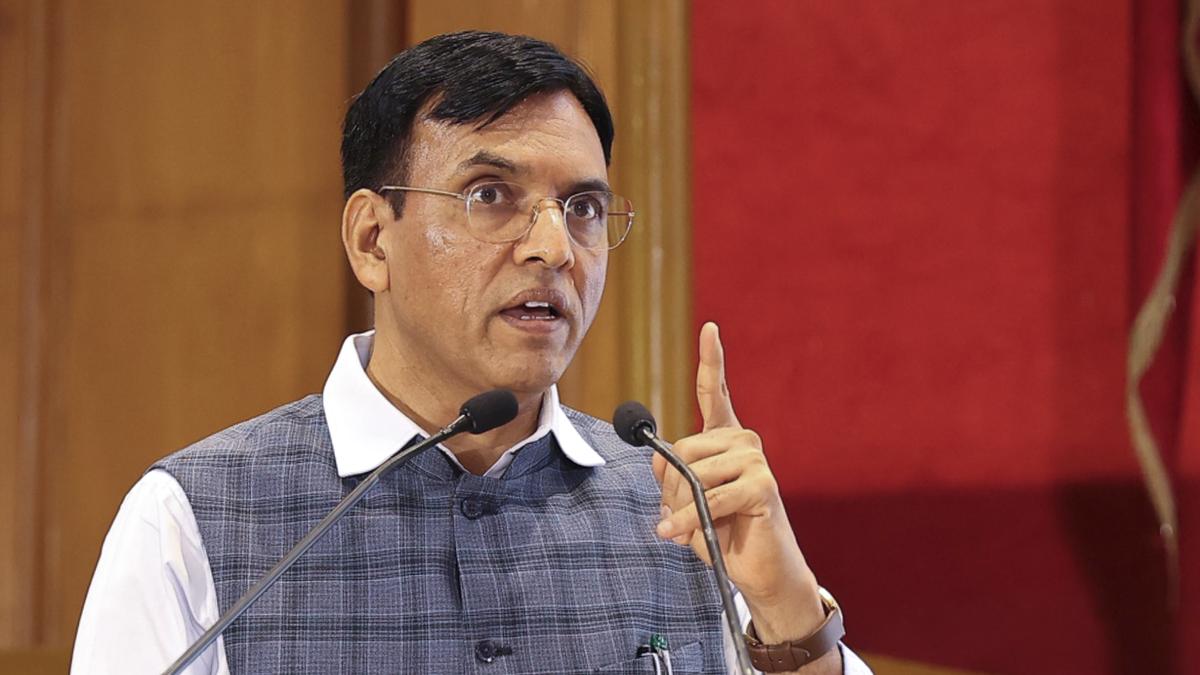 |
|
The Sports Governance Bill, poised to be a landmark piece of legislation, signifies a paradigm shift in how the Indian government approaches the administration and development of sports within the nation. Historically, the government has often been perceived as a controlling entity, wielding significant influence over the functioning of National Sports Federations (NSFs) and other sporting bodies. This perception has, at times, led to friction and hindered the autonomous growth of sports. The new Bill, however, seeks to redefine this relationship, casting the government in the role of a facilitator – an entity that supports, guides, and empowers the sporting ecosystem rather than dictating its every move. This transition is crucial for fostering a more dynamic and athlete-centric environment where sports can flourish and achieve international recognition.
One of the most significant aspects of the Sports Governance Bill is the establishment of a dedicated Sports Tribunal, designed to expedite the resolution of disputes within the sporting realm. This tribunal, to be headed by a judge of the Supreme Court, aims to alleviate the burden on the regular judicial system, which is often overwhelmed with a backlog of cases. The current situation, where many NSFs are entangled in protracted legal battles, has demonstrably hampered the growth and development of various sports. These legal tussles often involve issues of governance, election disputes, disciplinary actions, and contractual disagreements, all of which can divert resources and attention away from the core mission of promoting and developing the sport. The Sports Tribunal promises a faster and more specialized avenue for resolving these disputes, allowing NSFs to focus on their primary objectives.
The sheer volume of legal cases currently being handled by the Union Sports Ministry – reportedly exceeding 300 – underscores the urgency and necessity for a specialized tribunal. These cases not only consume valuable time and resources but also create an atmosphere of uncertainty and instability within the sporting landscape. By providing a dedicated forum for resolving sports-related disputes, the Sports Tribunal will not only expedite the process but also ensure that these disputes are adjudicated by individuals with a deep understanding of the unique challenges and intricacies of the sporting world. The decision to have a Supreme Court judge at the helm lends further credibility and authority to the tribunal's decisions, fostering greater confidence among athletes, administrators, and other stakeholders.
The Bill's emphasis on athlete-centricity is another critical element that reflects a growing recognition of the importance of athlete empowerment and participation in the decision-making processes of sports organizations. By ensuring the presence of athletes in administrative bodies, the Bill aims to bring their perspectives and experiences to the forefront, ensuring that policies and decisions are aligned with their needs and interests. This approach is consistent with international best practices and reflects a broader trend towards greater athlete representation in sports governance. Athletes, after all, are the heart and soul of any sport, and their voices deserve to be heard.
Furthermore, while prioritizing athlete representation, the Bill also acknowledges the need for competent and experienced administrators to effectively manage sports organizations. The Bill seeks to strike a balance between athlete involvement and professional management, ensuring that NSFs are led by individuals with the necessary skills and expertise to navigate the complexities of the modern sporting landscape. This dual focus on athlete empowerment and professional administration is crucial for creating a sustainable and effective system of sports governance.
The Bill also addresses the issue of age and tenure norms for sports administrators, aligning Indian sports federations with international standards set by the International Federations (IFs) and the International Olympic Committee (IOC). This alignment is essential for maintaining credibility and ensuring that Indian sports federations are recognized and respected within the global sporting community. The establishment of clear and consistent age and tenure norms will also help to prevent the entrenchment of individuals in positions of power, fostering a more open and democratic system of governance.
Importantly, the Sports Governance Bill explicitly respects the autonomy of the NSFs, recognizing their right to govern their respective sports without undue interference from the government. However, this autonomy is not absolute. The Bill also emphasizes the importance of fair elections and transparent selection processes to ensure that NSFs are governed in a democratic and accountable manner. This balance between autonomy and accountability is crucial for maintaining the integrity of the sporting system and preventing abuses of power.
The government's commitment to a holistic approach is evident in its consultations with all stakeholders, including athletes, administrators, coaches, and legal experts, during the drafting of the Bill. This inclusive process ensures that the Bill reflects the diverse perspectives and interests of the entire sporting community. By addressing the many problems that have plagued Indian sports for years, the government hopes to unlock the nation's vast potential for excellence in the international arena.
The Bill's universal application, encompassing every sport without exception, demonstrates the government's commitment to raising the standards of sports governance across the board. While the primary focus may be on securing Olympic medals and potentially hosting the Olympics themselves, the government recognizes that a strong foundation of sports governance is essential for achieving success at all levels, from grassroots development to elite performance.
In conclusion, the Sports Governance Bill represents a significant step forward in the development of Indian sports. By empowering athletes, promoting good governance, and fostering a more supportive environment for NSFs, the Bill has the potential to transform the sporting landscape and unlock the nation's vast potential for excellence. The establishment of the Sports Tribunal, the emphasis on athlete-centricity, and the commitment to aligning with international standards are all positive developments that will contribute to a more vibrant and successful sporting future for India. It remains to be seen how effectively the Bill will be implemented and whether it will achieve its ambitious goals, but its passage through Parliament would mark a significant turning point in the history of Indian sports.
